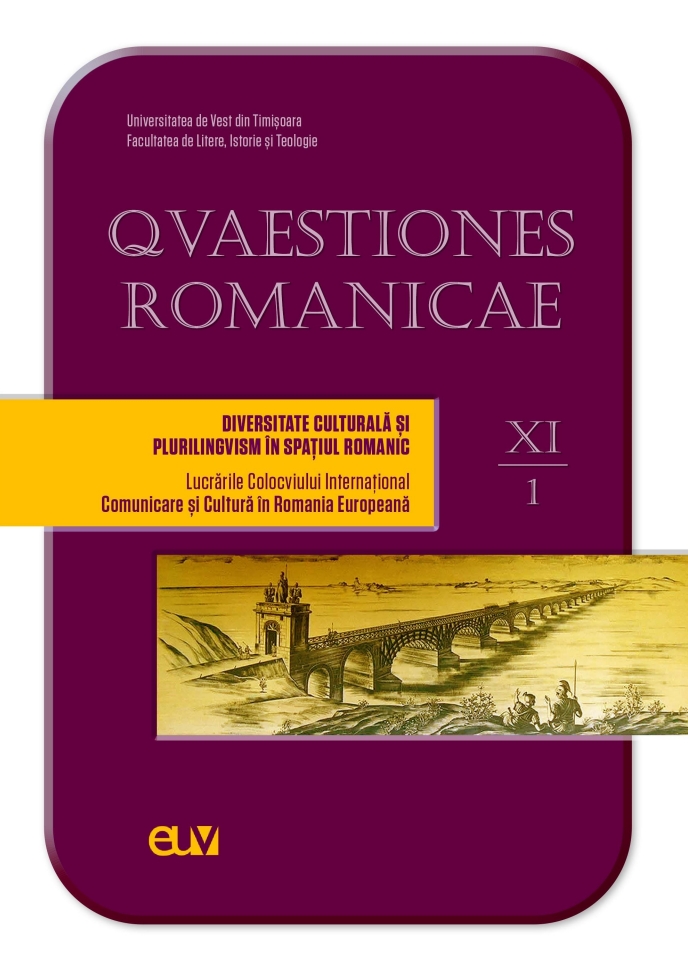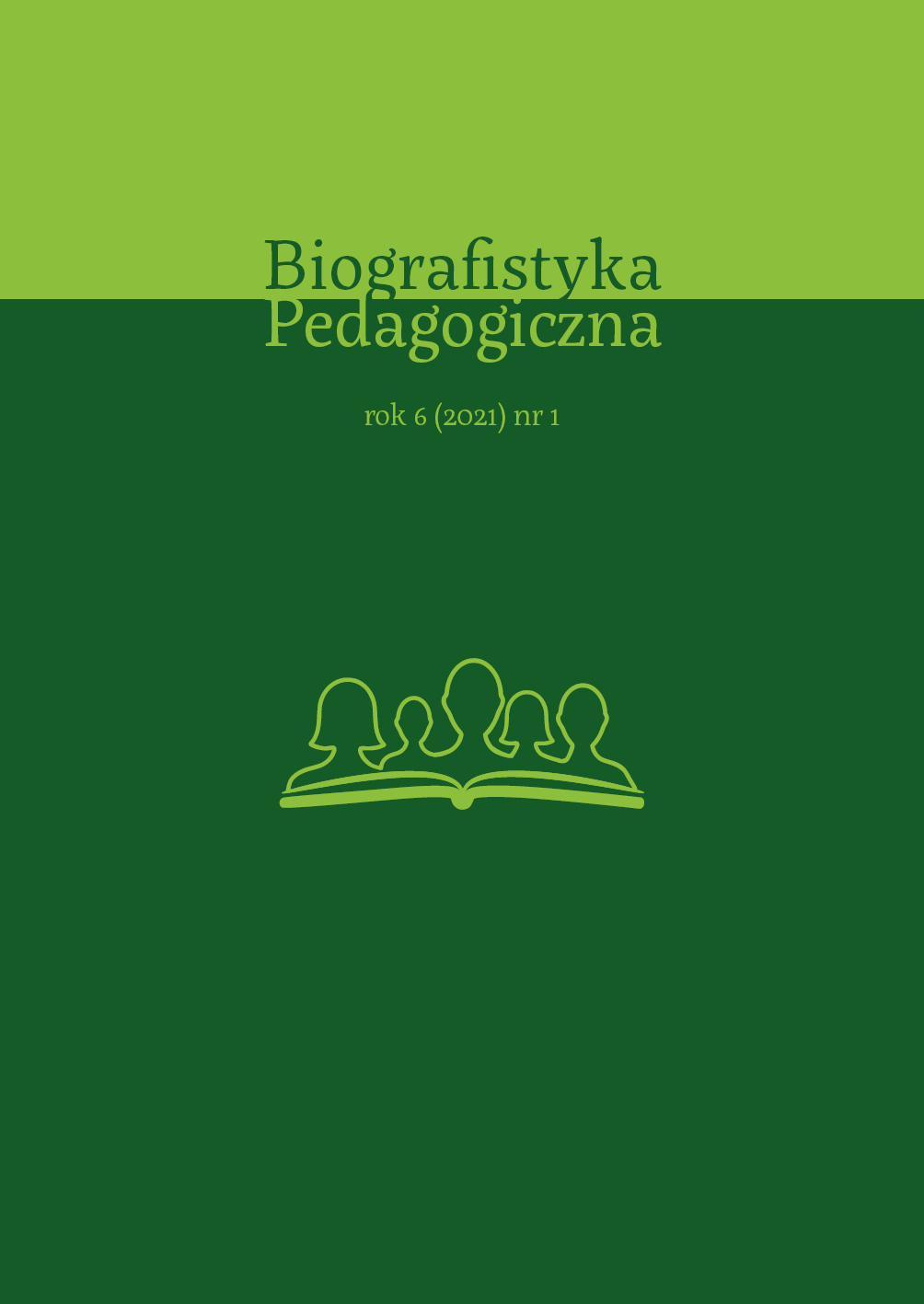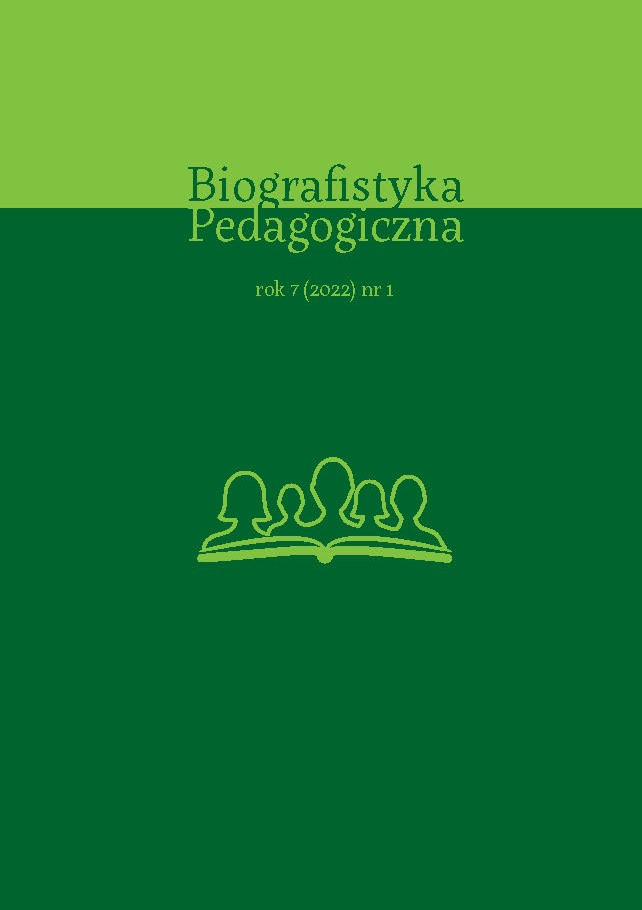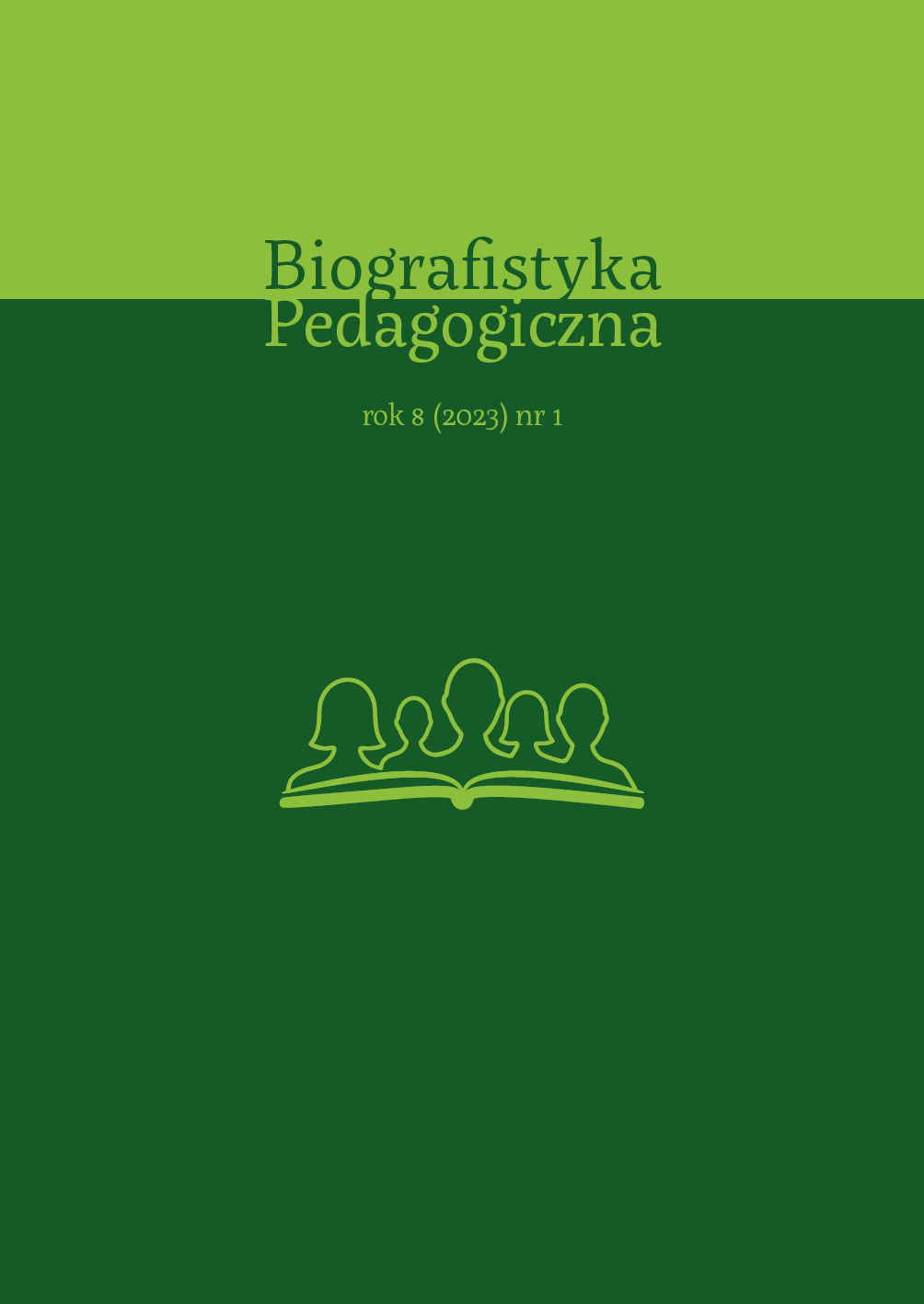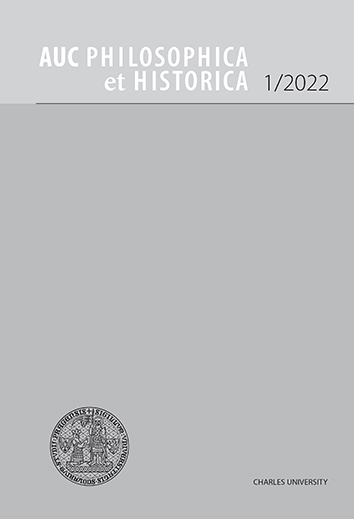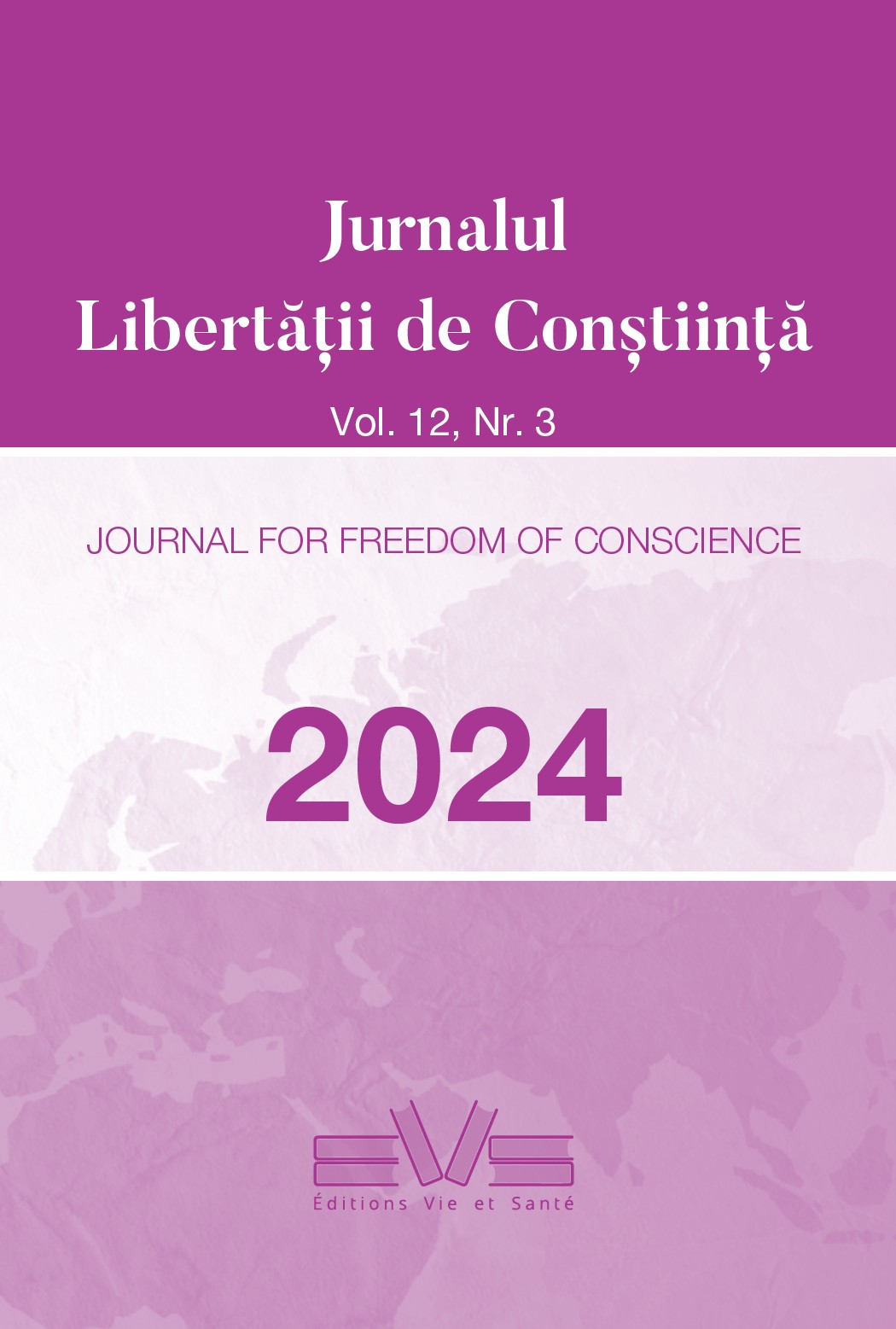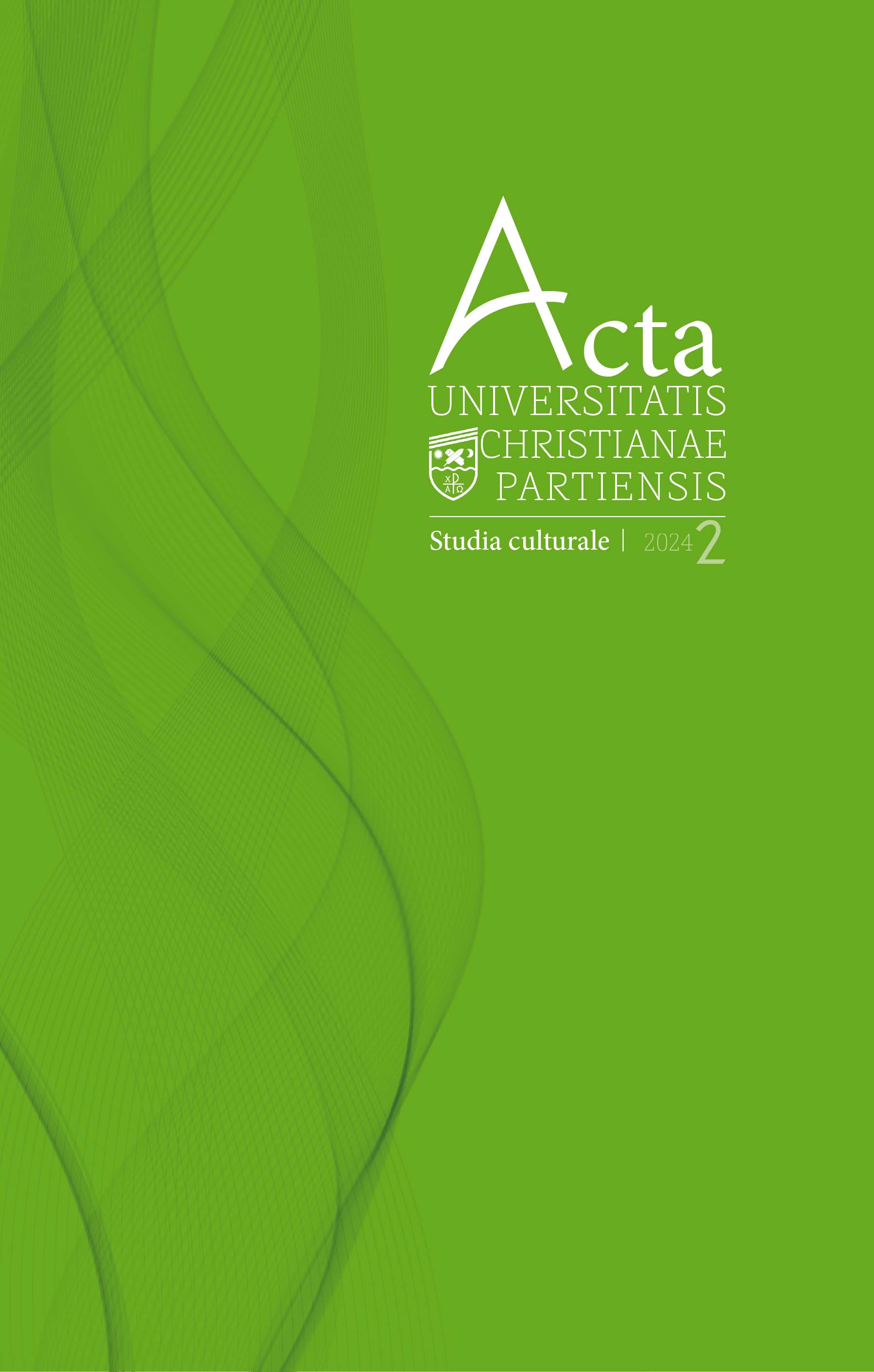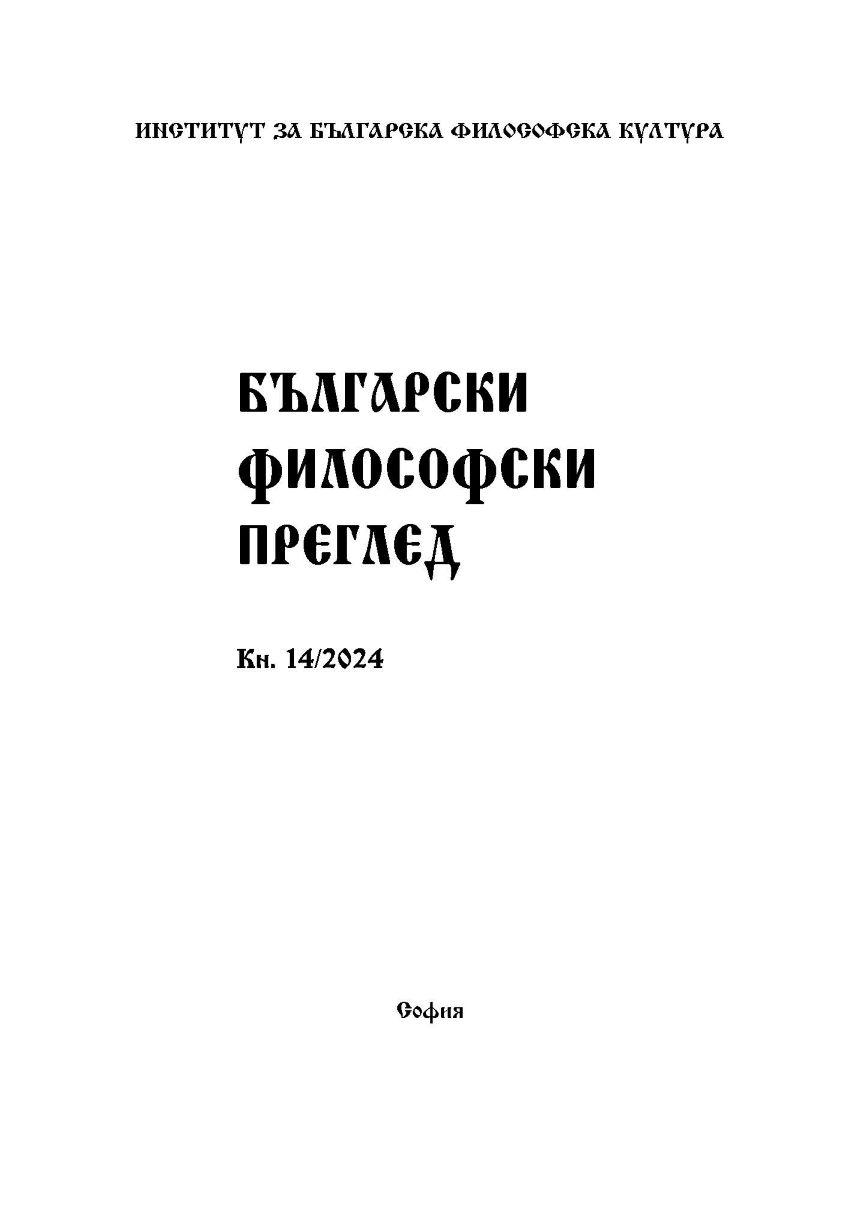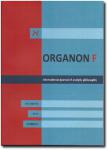
Fikce, skutečnost a radikalni vypraveni
The article focuses on the nature of the worlds of narrative fiction, ways of their representation, the status and identity conditions of fictional entities and correlatively on the role of singular terms in literary texts. According to the author, the basic question providing a proper framework for addressing such topics is: what does the reader have to do (to presuppose, to accept, to imagine) in order to allow the text of narrative fiction to fulfill its literary functions? The alternative is to start with the “text itself’, i.e. sentences with their linguistic meanings (in abstraction from their literary functions), and ask what kind of material does the text provide to the interpreter, what does it enable him/her to identify and determine and what does it leave principially unidentifiable and underdetermined. According to the author, such an approach blocks the access (or makes impossible the return) to the text’s literary functions. The author defends certain specification of the interpretative attitude required by the literary functions of a text of narrative fiction from its reader. Among other things, he attempts to demonstrate its general applicability by analyzing a highly non-standard type of narration (labelled “radical”).
More...

